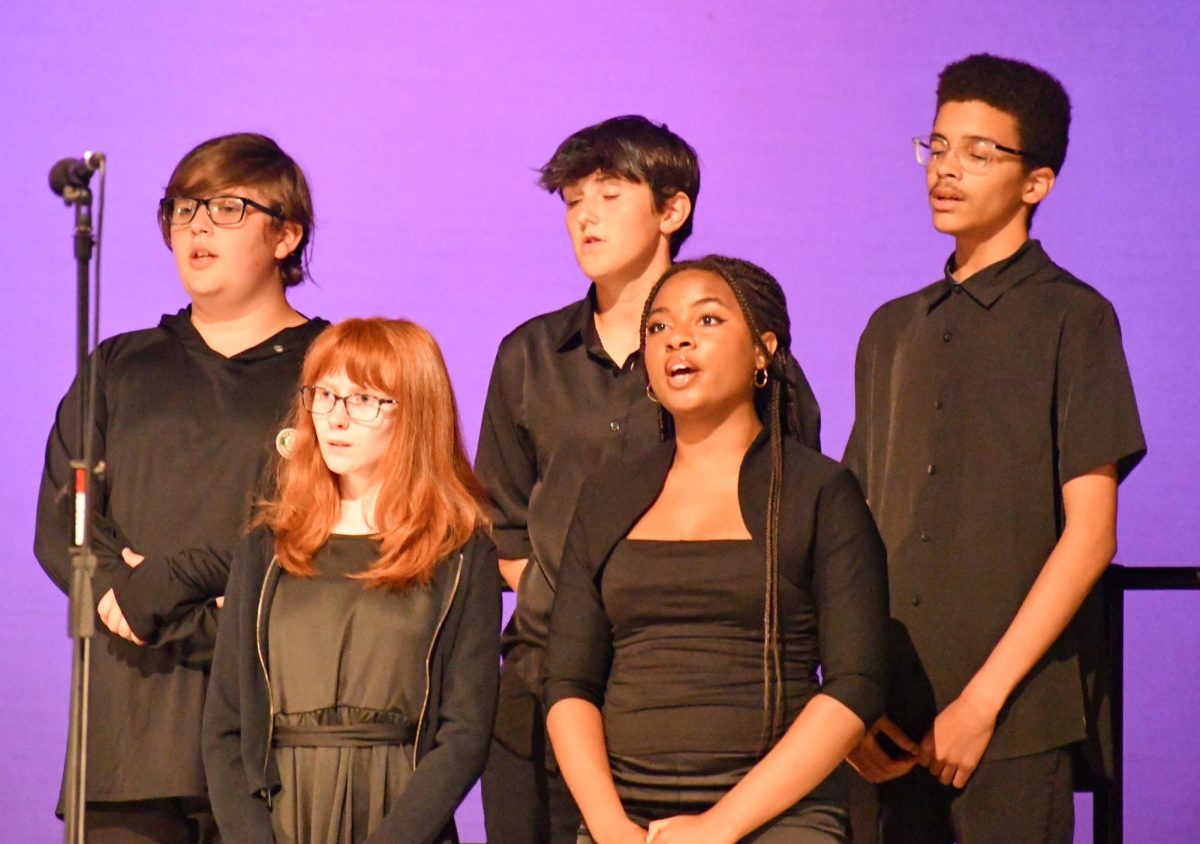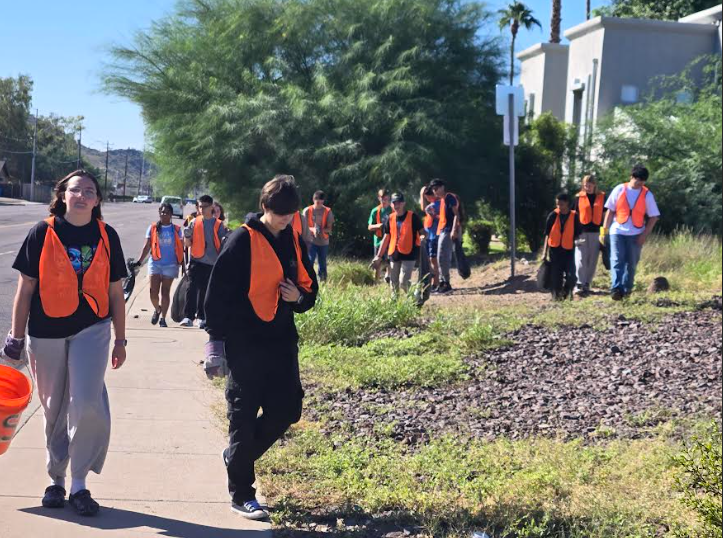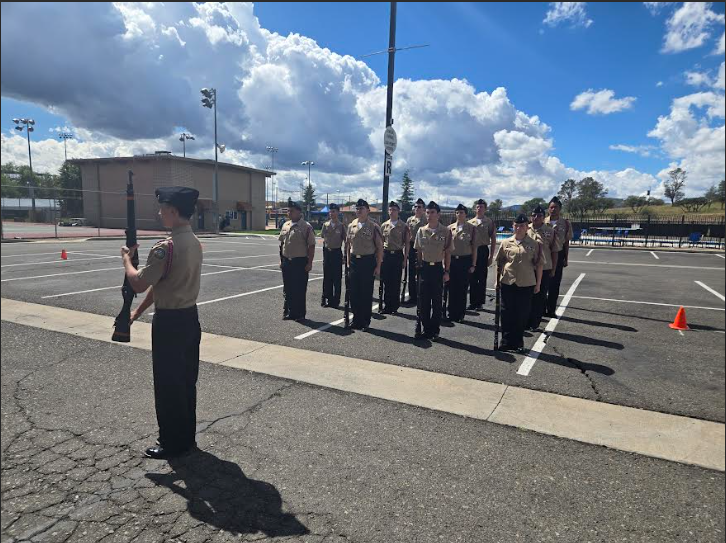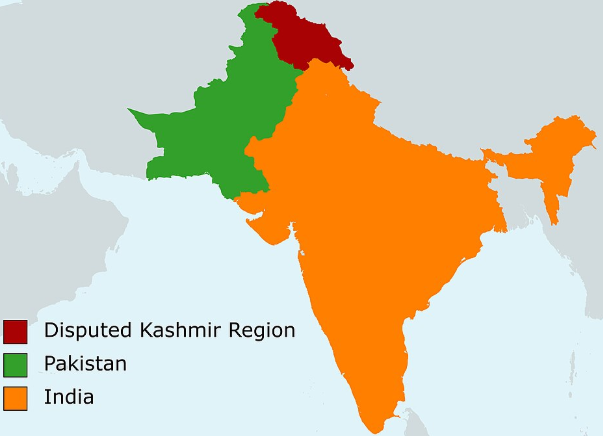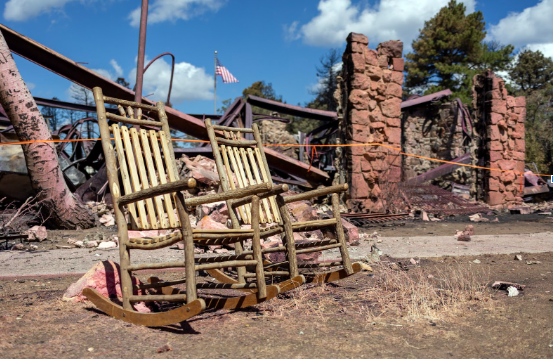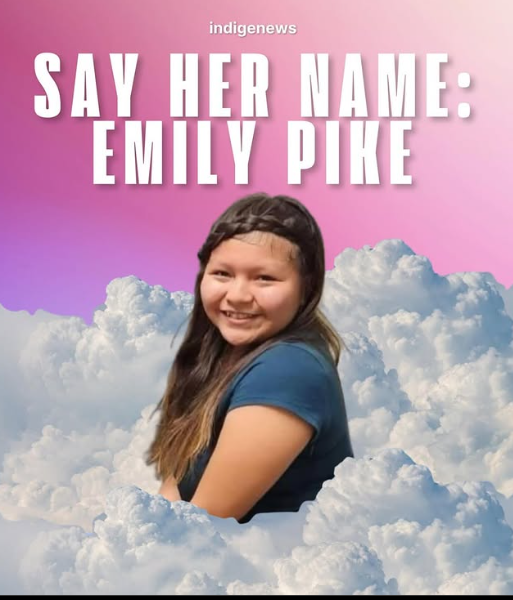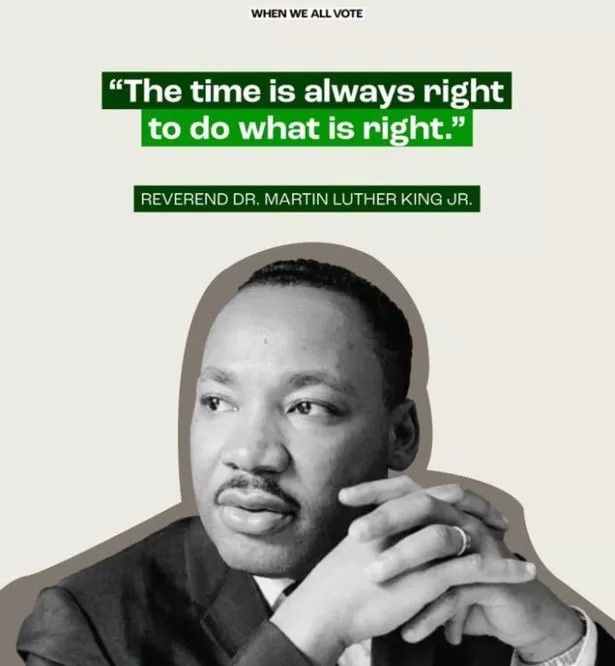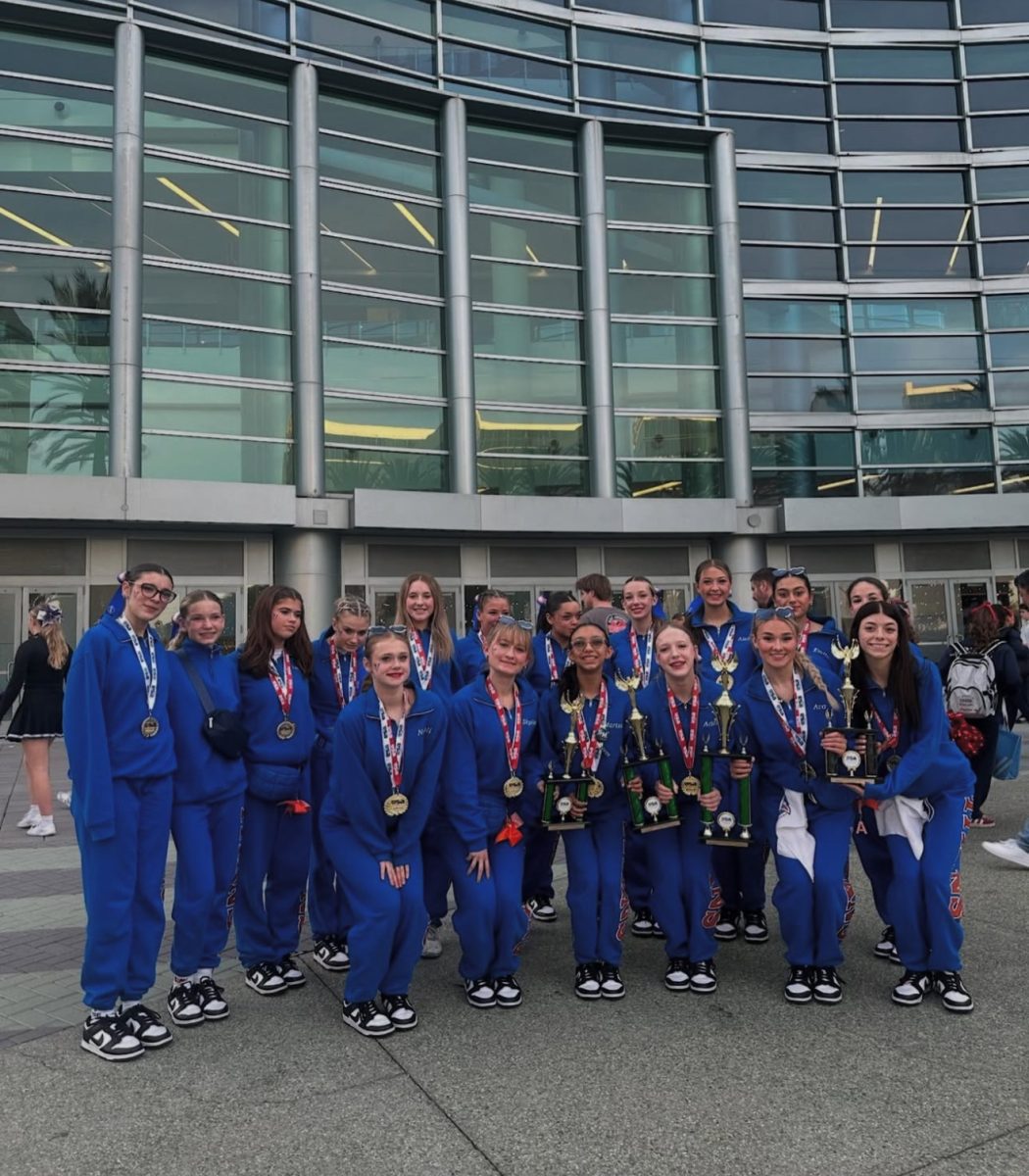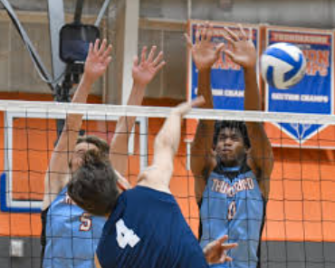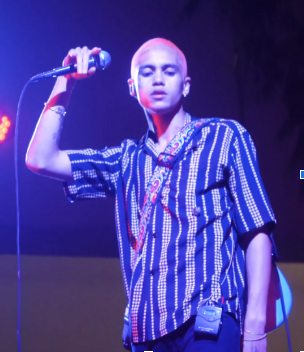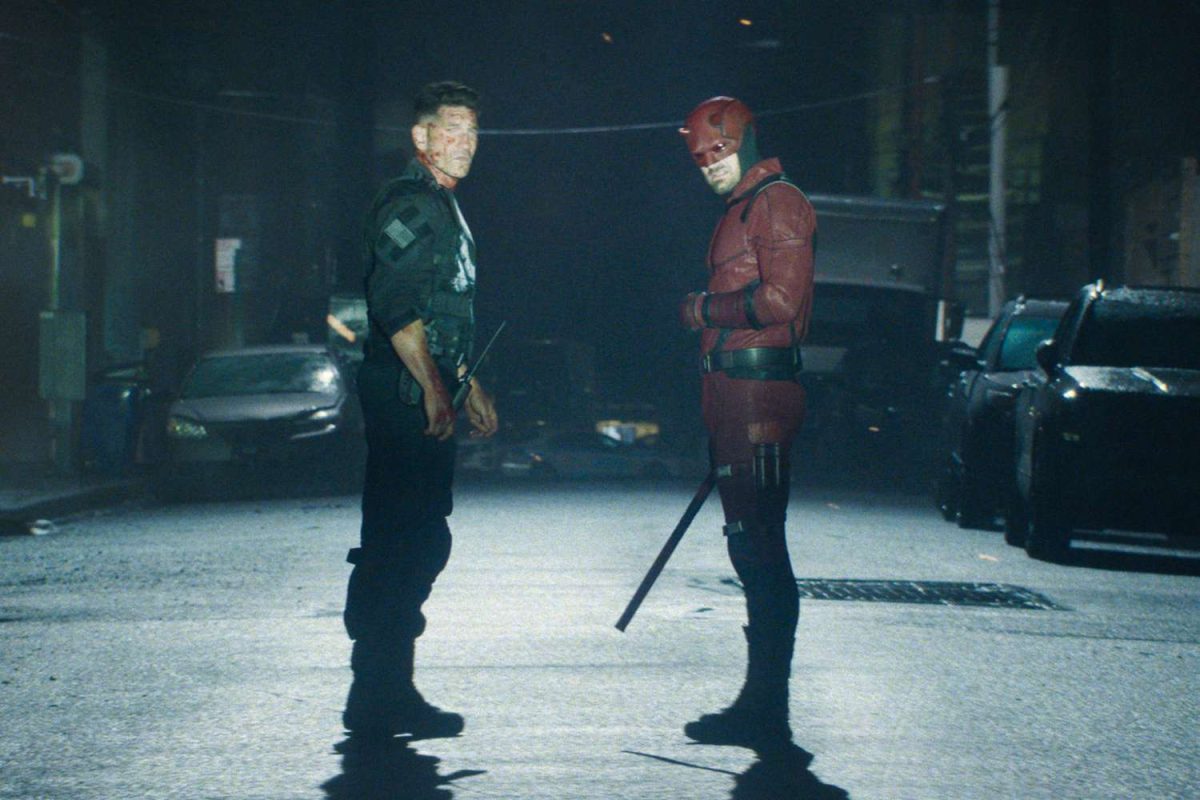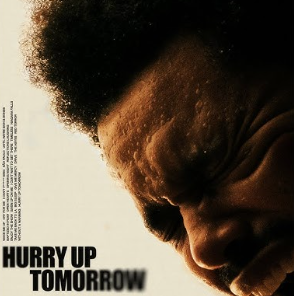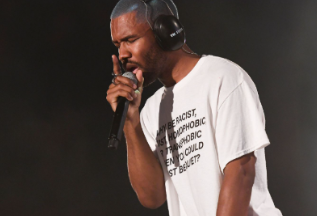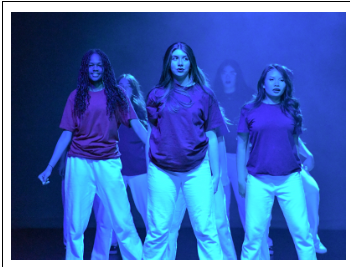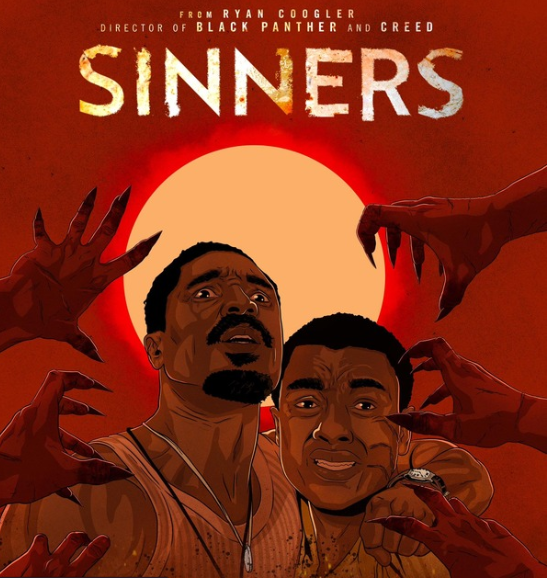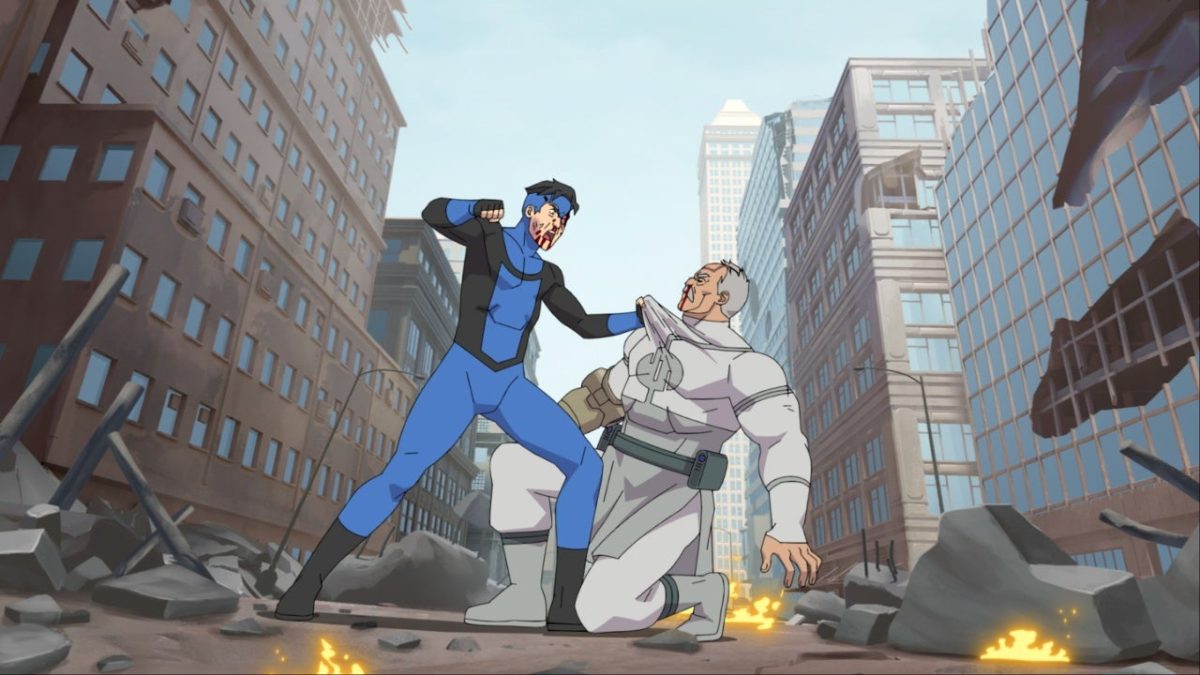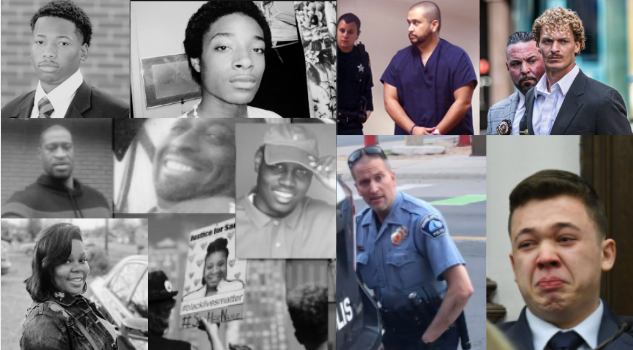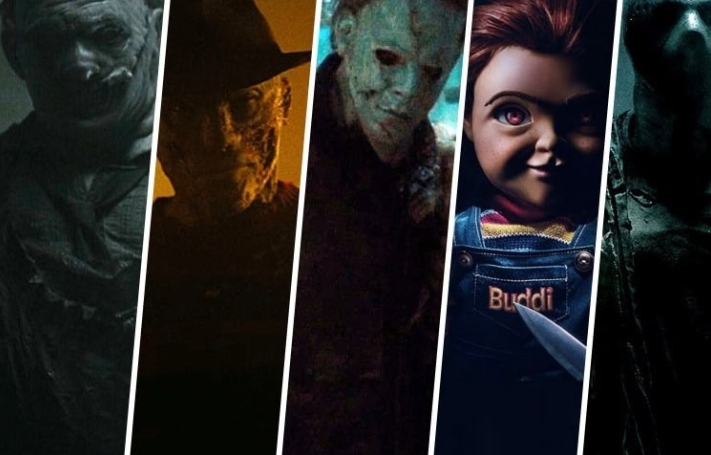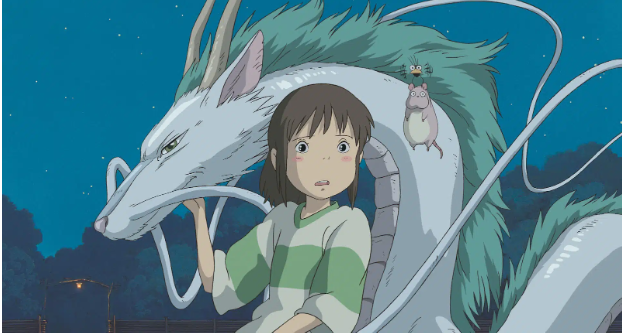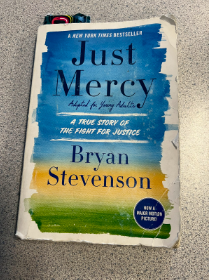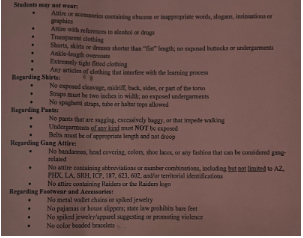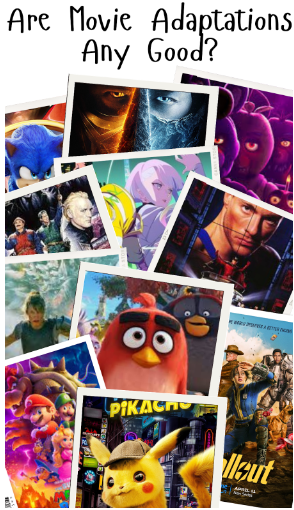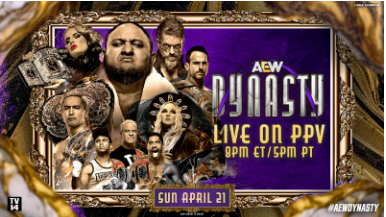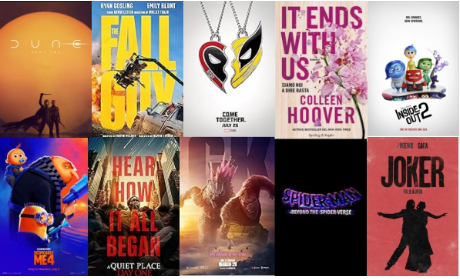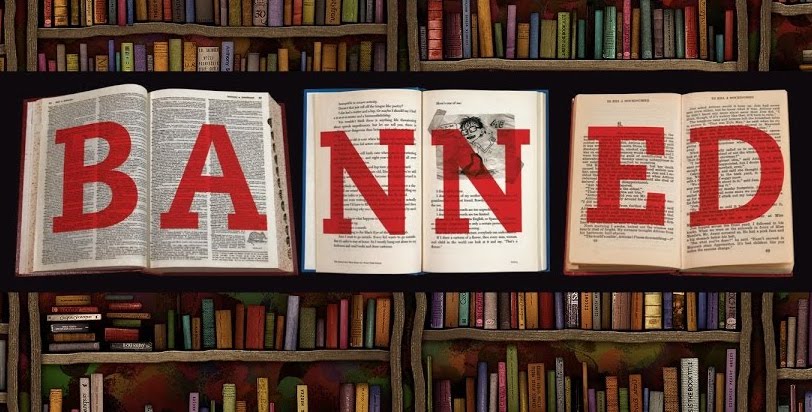Banned Books: HB 2459
November 21, 2022
Across the United States different forms of literature and media have been banned from public schools. Most recently, Arizona has banned media containing what the government believes to be “sexual content,” however, a majority of students and teachers across the state disagree with this legislation.
House Bill 2495 has caused many books to be removed from public schools and even restricts teachers from recommending the material. This house bill has started to impact many schools’ curriculum. At Thunderbird High School, many 12th graders were supposed to read The Handmaid’s Tale by Margaret Atwood, and 11th graders were supposed to read The Great Gatsby by F. Scott Fitzgerald. Both of these books are under threat by this bill.
English teacher Mr. Rivera shares with The Challenge, “why is it such a big deal if books get banned? I think that’s the real question.” Avid readers are often excited about reading books for a class, especially when they have heard about it all through high school. Books such as The Glass Castle by Jeannette Walls contain content that might make some readers uncomfortable, but the message behind the content of the book is what makes it so important for young adults to understand. If a student cannot see a representation of themselves in fiction being able to overcome life battles, it will be difficult for them to see themselves being able to face those battles in real life. Mr. Rivera also expresses that banning books is not good for anyone because in “the most simplest terms of it is a limitation of knowledge,” even material that may be a little graphic is still vital for a student’s critical thinking development.
What prompted the Arizona state legislature to enact HB 2459? Well the answer is not completely straight forward. Speculations point to a Paradise Valley mother who was upset with a book that her daughter was required to read for an Advanced Placement class. This started an uproar of other parents across the valley agreeing with her. Upon further research, it is still unclear what book exactly started all of this.
Though some may see this as a good idea, banning books is rather harmful. Restricting the media is restricting information, both good and bad. Without access to this information it is difficult to make proper judgments and criticism. An example of this would be Mein Kampf, a gruesome book written by Adolf Hitler. This is a book where most people would say is wrong, but this book should not be banned if it were under threat of being so. As Mr. Rivera explains, “we should still be able to access it to be able to properly criticize it.” History will only continue to repeat if people cannot analyze sources and comprehend why antisemitism and, in the case of HB 2459, sexual assault are things people should be cautious of.
To end on why this bill is messy and controversial is because of what the bill is actually stating and what exactly it is not stating. Mr. Rivera stresses that the bill “is very specific in saying what is deemed sexual…almost to the point where the law itself is a little bit graphic and would even be banned under its own rules,” and follows this up with, “they want to be specific with that but not be specific with the exceptions.” This makes it a lot harder for public school’s to figure out what books are protected and what need to be thrown out. All in all, education would be much more fulfilling and meaningful if school libraries are full of a range of books with a multitude of diverse topics.


